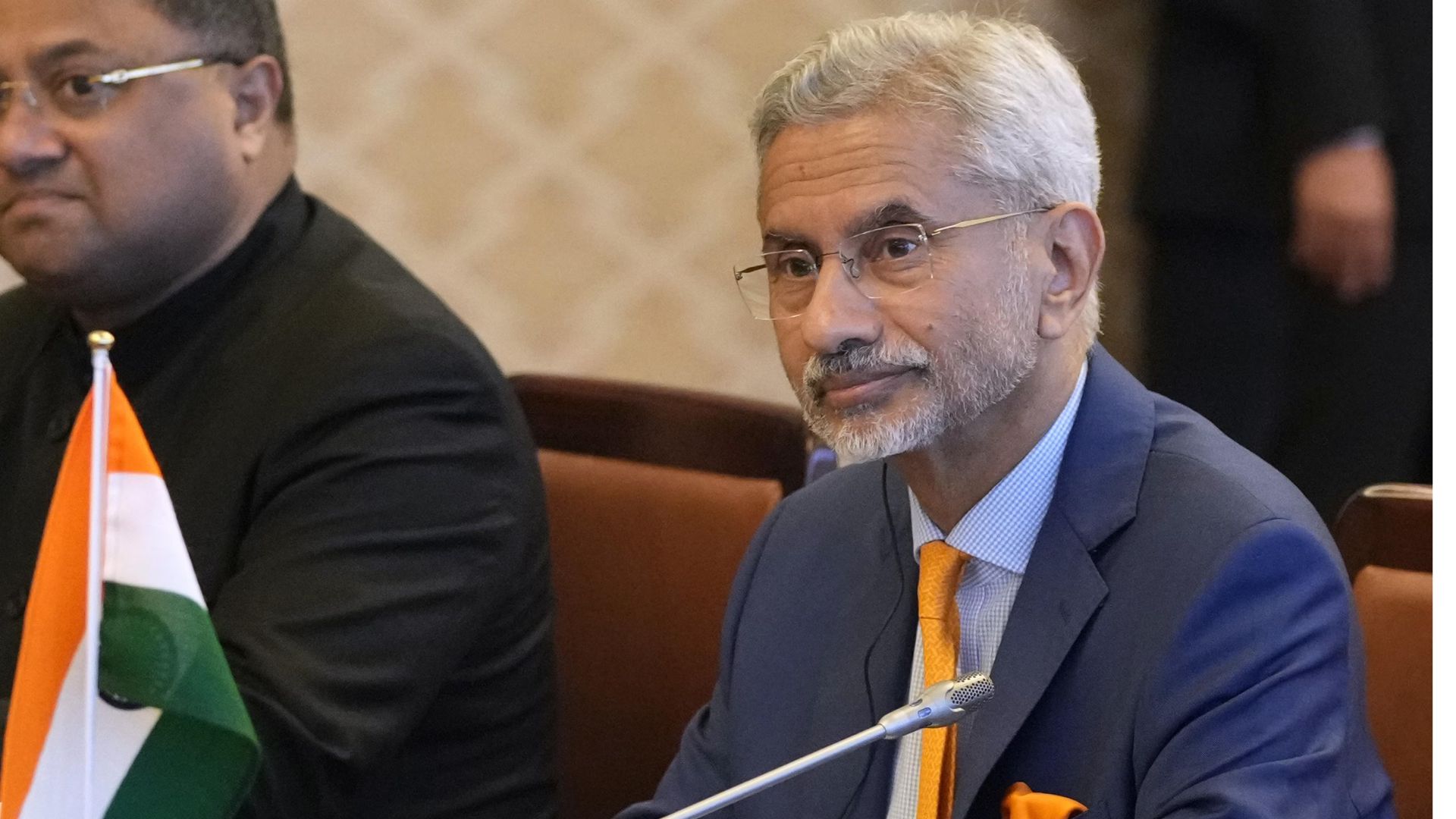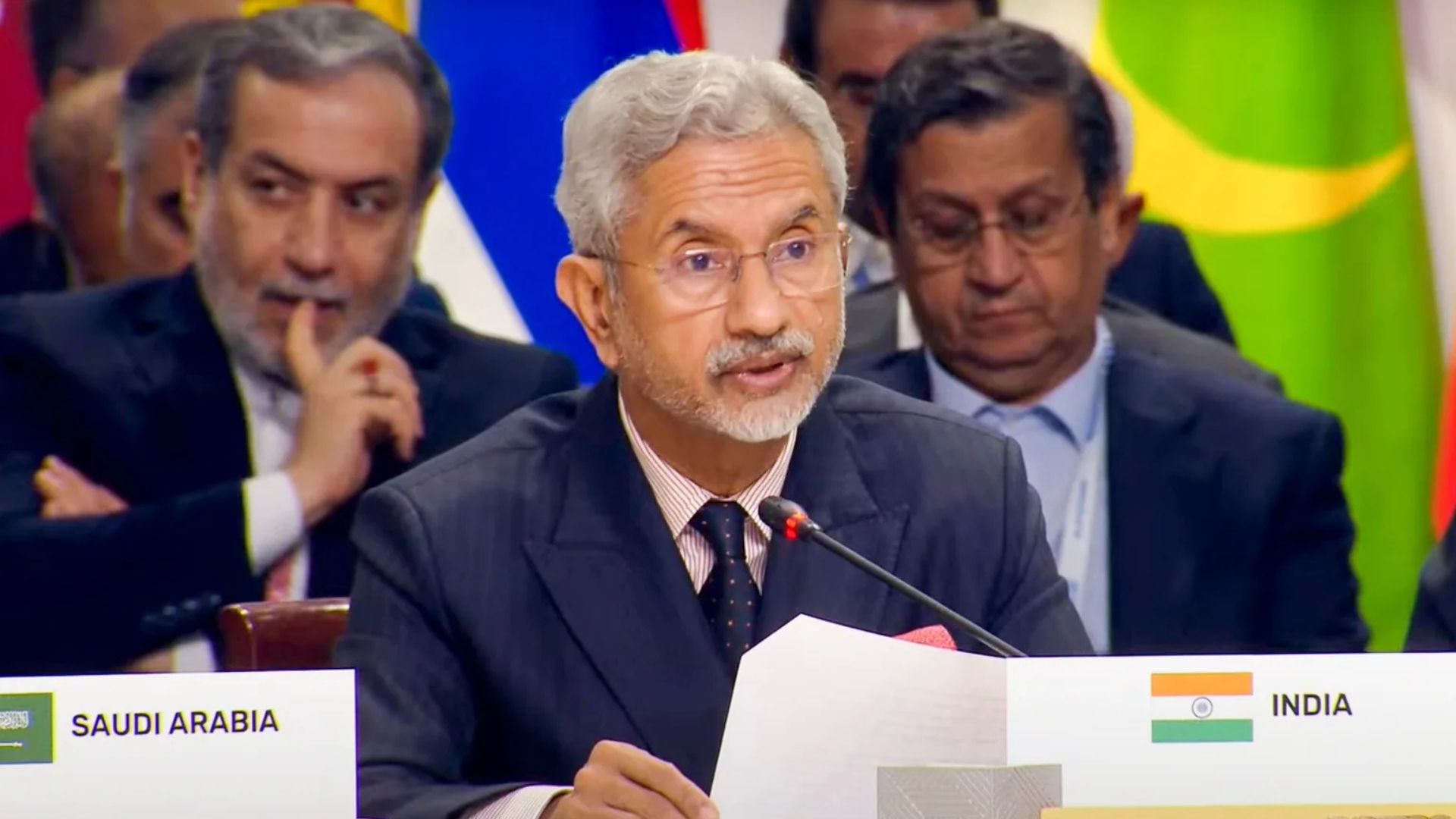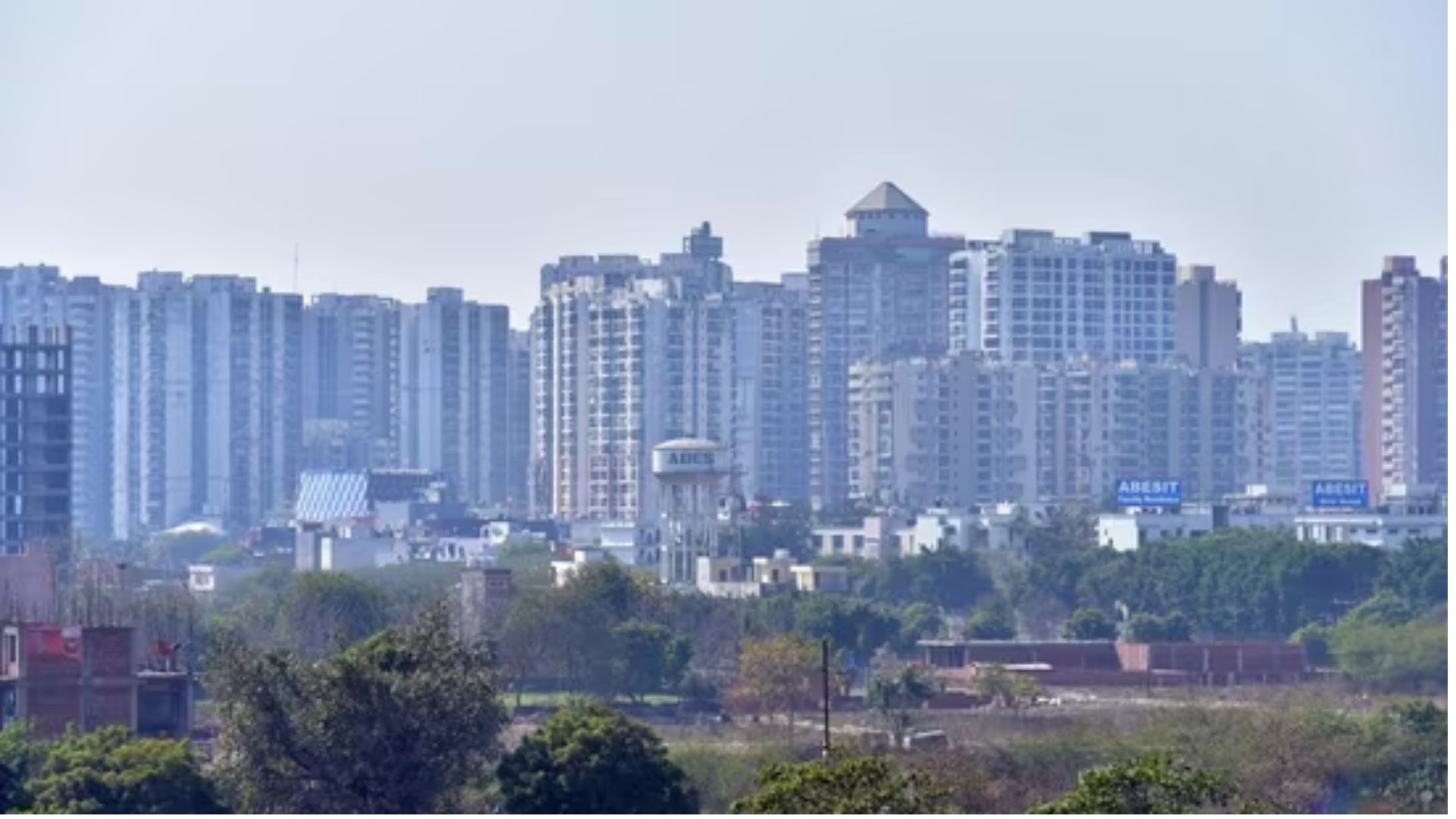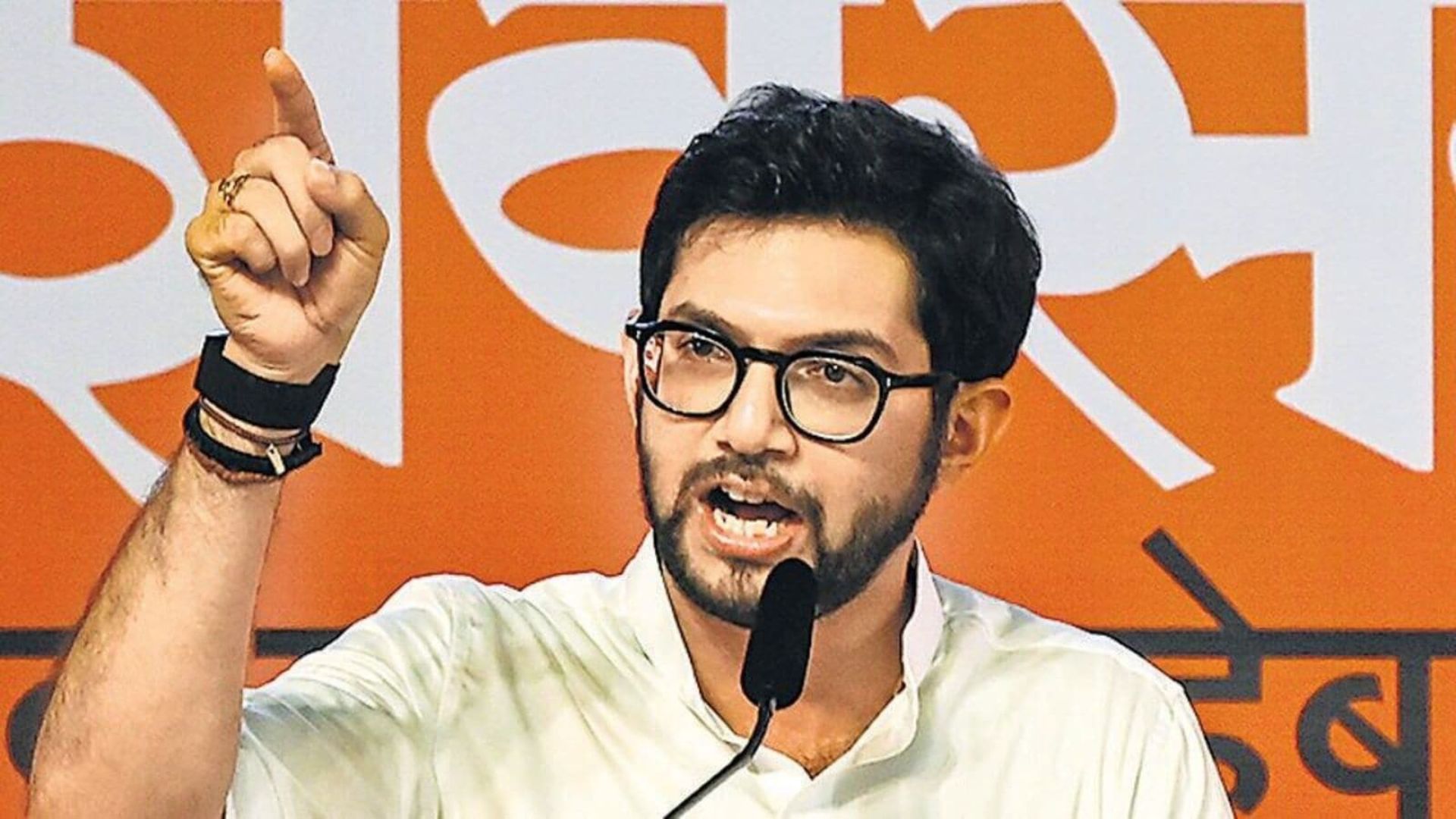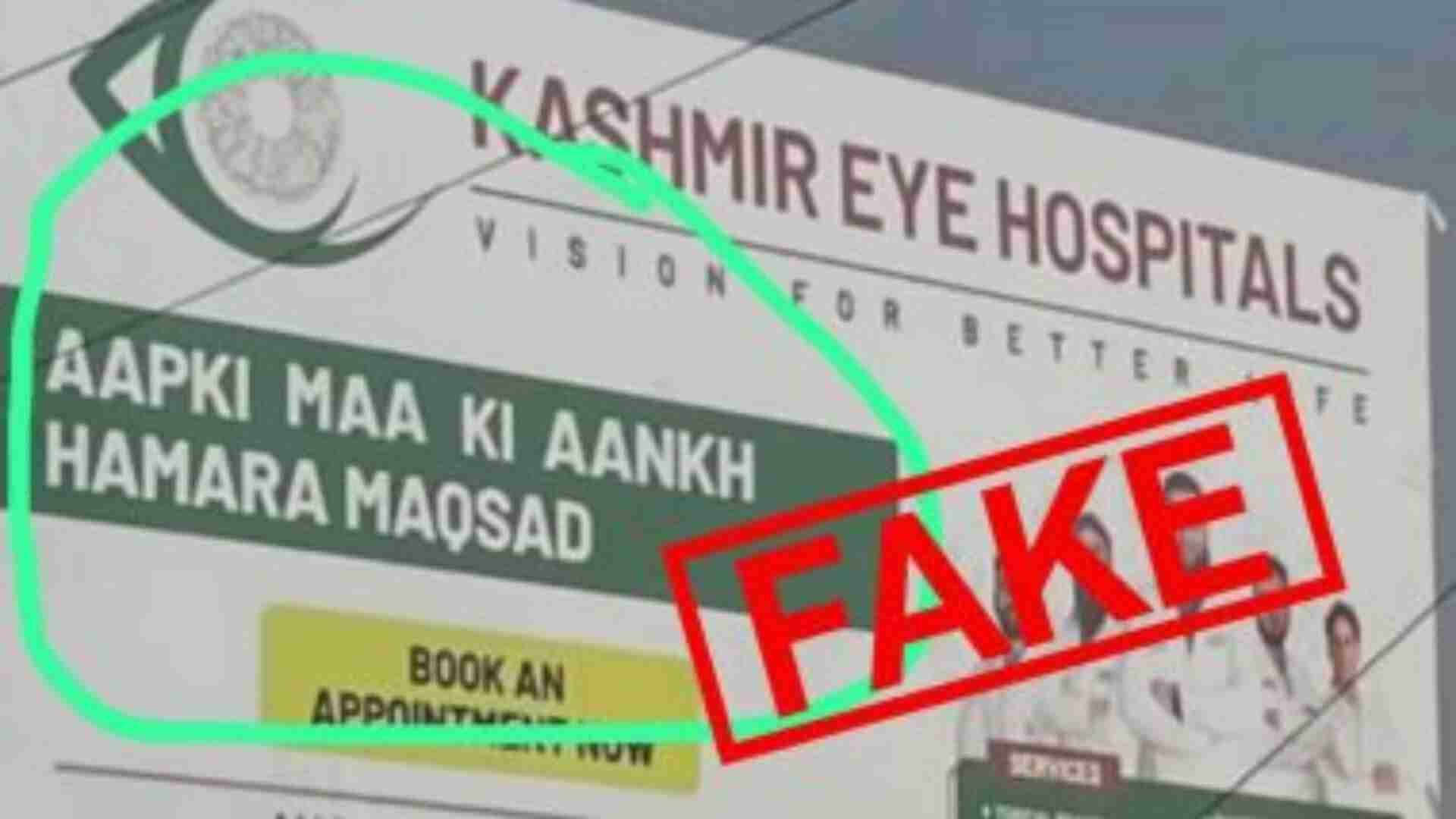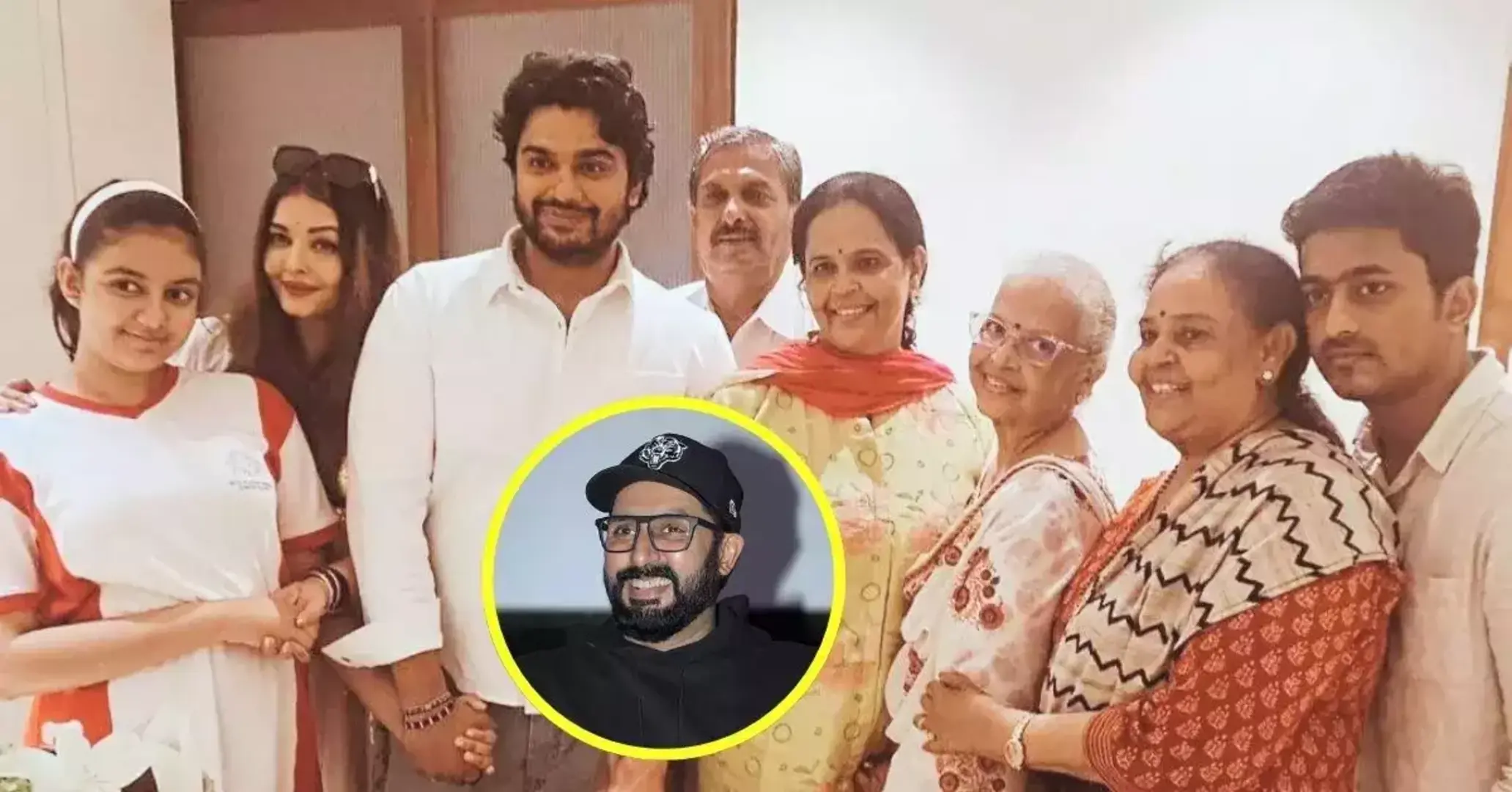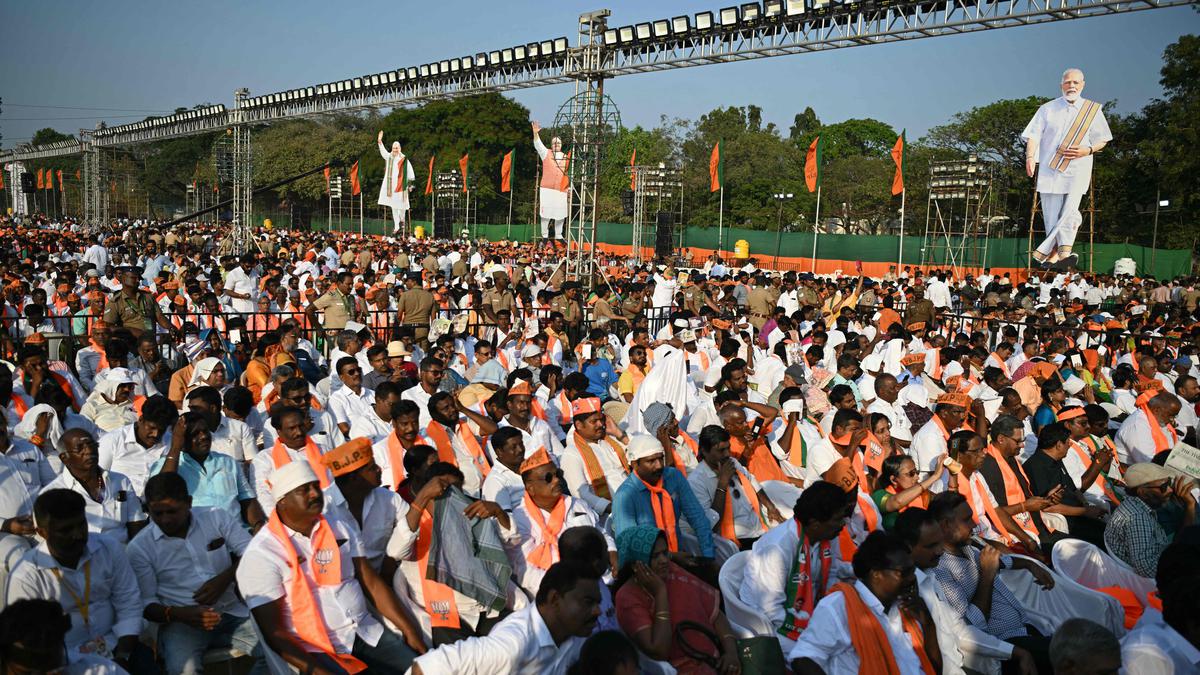
Strange sound bites are coming from almost all political parties, now that campaigning for the general elections has started, even though the dates are yet to be announced. It would not be an exaggeration to say that Congress leader Rahul Gandhi in particular has been making assertions that, if taken to their logical conclusion, will resurrect the Bolshevik revolution of the early 1900s. His valiant attempt to revive Mandal politics by making “caste survey” the central plank of his campaign has been grabbing eyeballs. But not much attention has been given to his plan to conduct a “financial survey” to “reveal if the national wealth is distributed evenly among all the communities”. Given that he is the face of the Congress party, the main Opposition in this country, there is no reason to believe that he is non-serious in his assertion. Implicit in this assertion—in fact, some of his party people are openly speaking about it on social media—is the promise of redistribution of wealth. But any such step can have only one consequence, the inevitable “class warfare” which was at the heart of Russia’s Bolshevik revolution. However, in Russia, wealth distribution, in reality, turned out to be poverty distribution, apart from resulting in the deaths of millions of people. Any redistribution of wealth by the State, even in its most civilized form, implies “taxing” the “haves” to help the “have-nots” to the extent that capital flees from the country. No so-called redistribution of wealth can happen without taking economically ruinous measures.
In this context, one is reminded of Chinese President Xi Jinping, who wants China to return to its socialist roots by making “common prosperity” his goal, to reduce income disparity. However, Xi’s “common prosperity” is being looked at with scepticism as fears rise of the step aggravating problems for an already troubled Chinese economy. Additionally, doesn’t Rahul Gandhi realise that in real terms, stoking the feeling of deprivation may get him votes, but can also create unrest on the ground? He needs to understand that a direct fallout of any divisive rhetoric from public platforms is the spread of discord. This was witnessed recently at one of Rahul Gandhi’s own meetings, when a reporter was beaten up by a mob of his supporters, because the Congress leader kept taunting the reporter on caste issues. Does Rahul Gandhi ever think through the consequences of his utterances?
Then take the example of Trinamool Congress in West Bengal. On the back foot, because of the serious charges of corruption and misgovernance against its government, the Mamata Banerjee-led party has decided to play the card of Bengali pride. Do not vote for the bohiragoto, the outsiders, was Mamata Banerjee’s main poll plank in the 2021 Assembly elections. She is reviving the card in 2024. Accordingly, her nephew, Abhishek Banerjee, who declared the state’s 42 Lok Sabha candidates at a rally on Sunday, introduced them as “the MP candidates fighting for Bengal; as well as for TMC”. The message was clear: the fight was between pro-Bengal and anti-Bengal forces. This narrative worked to an extent in 2021, but much water has flown under the bridge since then, including the humungous amounts of cash that have tumbled out of the cupboards of TMC leaders. So it is not known if the outsider card will have a similar impact in 2024 as well. In fact it’s sheer xenophobia that is at the core of any “insider vs outsider” debate. Just because some regional parties stoke this “insider vs outsider” fire in their respective states, does not make it right. The rhetoric of xenophobia is divisive and disruptive, apart from having the potential to endanger human lives and livelihoods. We have seen this in Maharashtra against North Indians; and now some stray incidents are taking place in Tamil Nadu too. In fact, Mamata Banerjee should have known better, given that Bengalis settled in Assam were subjected to the violent “Bongal Kheda” movement in the 1960s, in an attempt to drive them out of Assam. Ironically, in spite of all this rhetoric against “outsiders”, the TMC fielded three “outsiders” on Sunday among the 42 candidates that it declared—Shatrughan Sinha and Kirti Azad from Bihar, and Yusuf Pathan from Gujarat.
As for the ruling Bharatiya Janata Party, why should at least one of its leaders be left out of this competition of shooting off one’s mouth without thinking of the consequences? Its MP from Uttara Kanara in Karnataka, Anant Kumar Hegde is in the news for saying that the BJP needs 400 seats to change the Constitution of India. It’s a loaded statement and coming a month ahead of the Lok Sabha elections, it’s akin to a bombshell, which has landed the BJP in a major controversy. It may even have a major impact on the fence-sitters/swing voters who are yet to make up their mind about the BJP, apart from giving the Opposition ammunition to further paint the party as an oppressor of minorities. The matter can even get escalated internationally. No wonder the BJP is in a tizzy, distancing itself from Hegde’s statement, and now the buzz is that he may even be denied a ticket to fight the Lok Sabha elections.
The point is simple: in this election season, why cannot our political parties and individual leaders temper their rhetoric and be responsible political players?
